
My internship at Public Health organization and how can you find yours!
Hello everyone! So, here comes my more #professional insight into what a KI student (or any other motivated young individual with an ongoing/recently completed higher education) can do in order to increase your chances of being successful on the job market in the future. Yes, you probably guessed it right. I will be talking about internships.

As you might have read from my previous blog where I openly talked about my struggles with trying to balance out Master’s studies and several part-time jobs, working a single (!!!) paid internship instead of juggling all of the aforementioned things seemed like a blessing. So, when a friend of mine forwarded the link with the internship position opening, I decided that it would be a perfect chance to both a) gain some valuable professional experience and b) take a much-needed break from the constant stress of money earning vs. studying for my tests. What can I say? It was a good decision, mate?

My journey with NDPHS – the Northern Dimension Partnership in Public Health and Social Well-being – began in mid-December 2018 (after having gone through an online application process and 2 official interviews at the NDPHS Secretariat). The description of the position said “Communication Intern”, thus suggesting that the applicant should have a background in media and communications… However, thanks to my previous experience of blogging (as a KI Digital Ambassador and independently) as well as general enthusiasm about both public health AND social media management (read: managing social media pages of a public health organization xD), I got the position and received my first tasks already Christmas.
The best thing about an internship in a large international/intergovernmental organization is getting to know so, so many new things from different areas of healthcare/public health of which I had very little experience with. For example, in NDPHS, which is a Partnership between ten governments, the European Commission and eight international organisations, there are 7 different Expert Groups operating within the framework of the NDPHS:
- Expert Group on Antimicrobial Resistance (AMR EG);
- Expert Group on Alcohol and Substance Abuse (ASA EG);
- Expert Group on HIV, TB and Associated Infections (HIV, TB&AI EG);
- Expert Group on Non-communicable Diseases (NCD EG);
- Expert Group on Occupational Safety and Health (OSH EG);
- Expert Group on Primary Healthcare (PHC EG);
- Expert Group on Prison Health (PH EG).
The expert groups facilitate professional exchanges, increase coordination among Partners and Participants and monitor joint activities within their area of expertise. As an intern, I got to participate in some of the meetings of the Expert Groups, and you can only imagine, how interesting it was for me to get to know about such new (for the ex-biomed & nutritionist-to-be like me) topics like Occupational Safety and Health, Prison health, or alcohol and substance abuse in the Nothern Dimension Counties. Moreover, when creating content for the NDPHS Social Media channels and compiling the quarterly newsletters, I read many interesting studies, publications and became much more aware of the general “state of play” with different diseases (like HIV, TB and many others in the neighbouring countries in the Baltic Sea region: Sweden, Finland, my home country Estonia, or other Baltic countries, Poland, or Russian Federation.
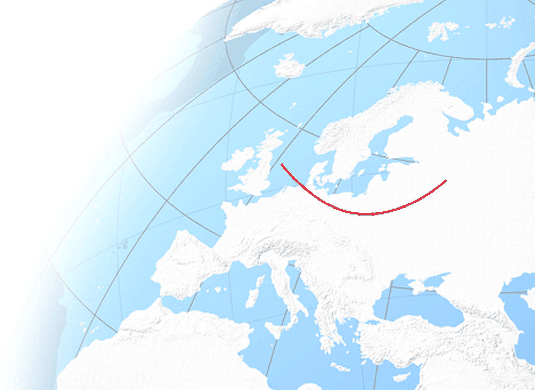
Since the work of the Partnership focuses on increasing political and administrative coherence between the countries in the Northern Dimension area, narrowing their social and economic disparities, and improving peoples’ overall quality of life, it gave a good perspective about all the different problems we have in different ND countries. For example, in countries like Sweden and Finland, there are currently no pressing and persistent problems with infectious diseases like HIV and tuberculosis, whereas in the neighbouring regions of Northwest Russia the situation might look completely different… And, since travelling back and forth in these regions coupled with irresponsible sexual behaviour is a straightforward way to spread the communicable diseases, it is very important to monitor the situation and share the information between the countries.
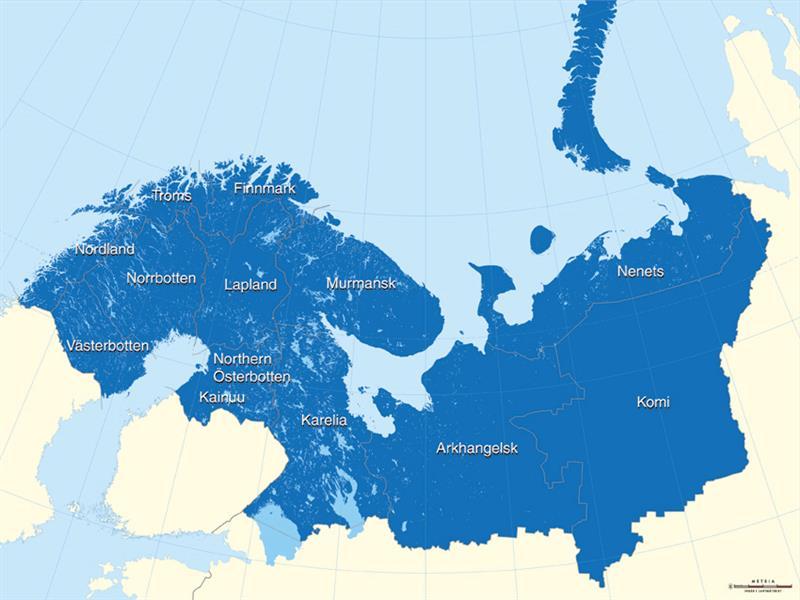
Therefore, the exchange of information, epidemiological data and the examples of good practices between the high-level experts who come from national ministries and agencies of Partner Countries and Organisations, medical institutions, the research community, NGOs and other relevant parties, helps to identify priorities in developing policies and gaps in their implementation. The work of Partnership also allows to carry out cross-border studies, such as “Preventable premature deaths (PYLL) in Northern Dimension partnership countries” study recently published in the European Journal of Public Health (EUPHA), or the Northern Dimension Antibiotic Resistance Study “NoDARS” which provided health-care professionals, authorities and policy-makers with comparable data that accurately reflect antibiotic resistance levels and the penetration of antibiotic resistance in the healthy population.
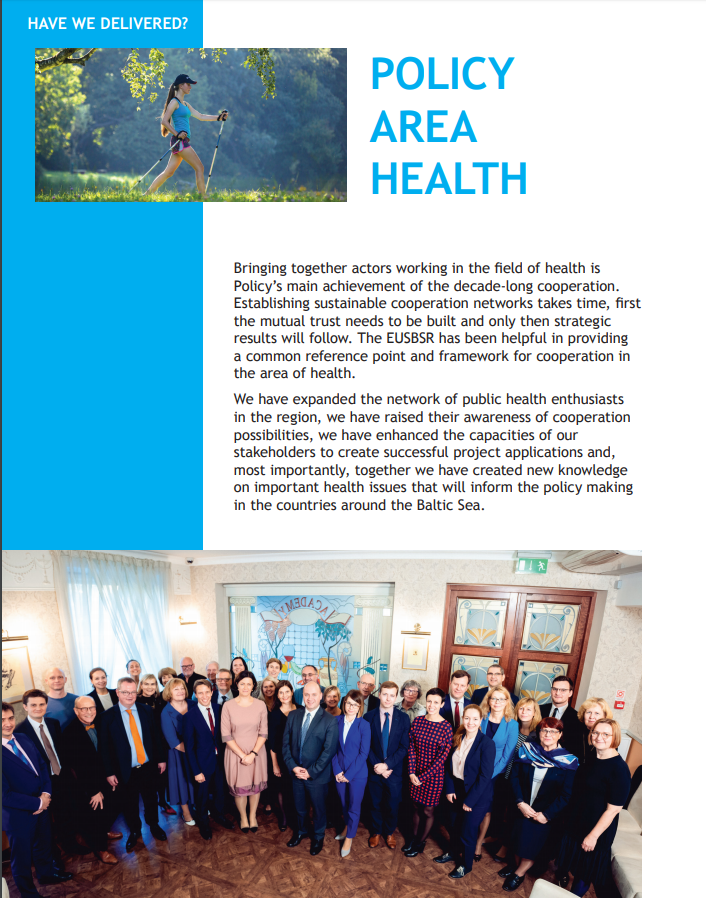
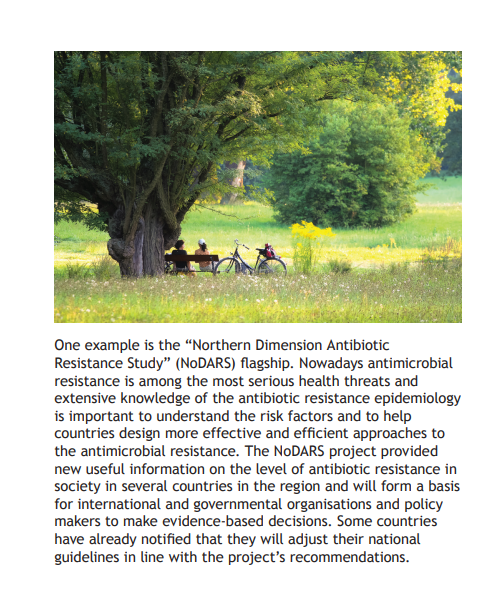
Anywayssss.. you have probably already understood that I am very passionate about my job in this organization 😀 And, in addition to the new knowledge, new interesting experience and a valuable line on your CV (that is an important factor for your future employment, in fact), you also might get a chance to travel for work! I did, and it was beyond awesomeeeee❤️
Got to travel to Moscow for the first time, such a beautiful city!
Ah! Almost forgot! Working in an international organization also offers some fantastic networking opportunities: you get to know professionals from all over the world, ask them questions and learn from their extensive experience. This is definitely one of the most important aspects, in my opinion.
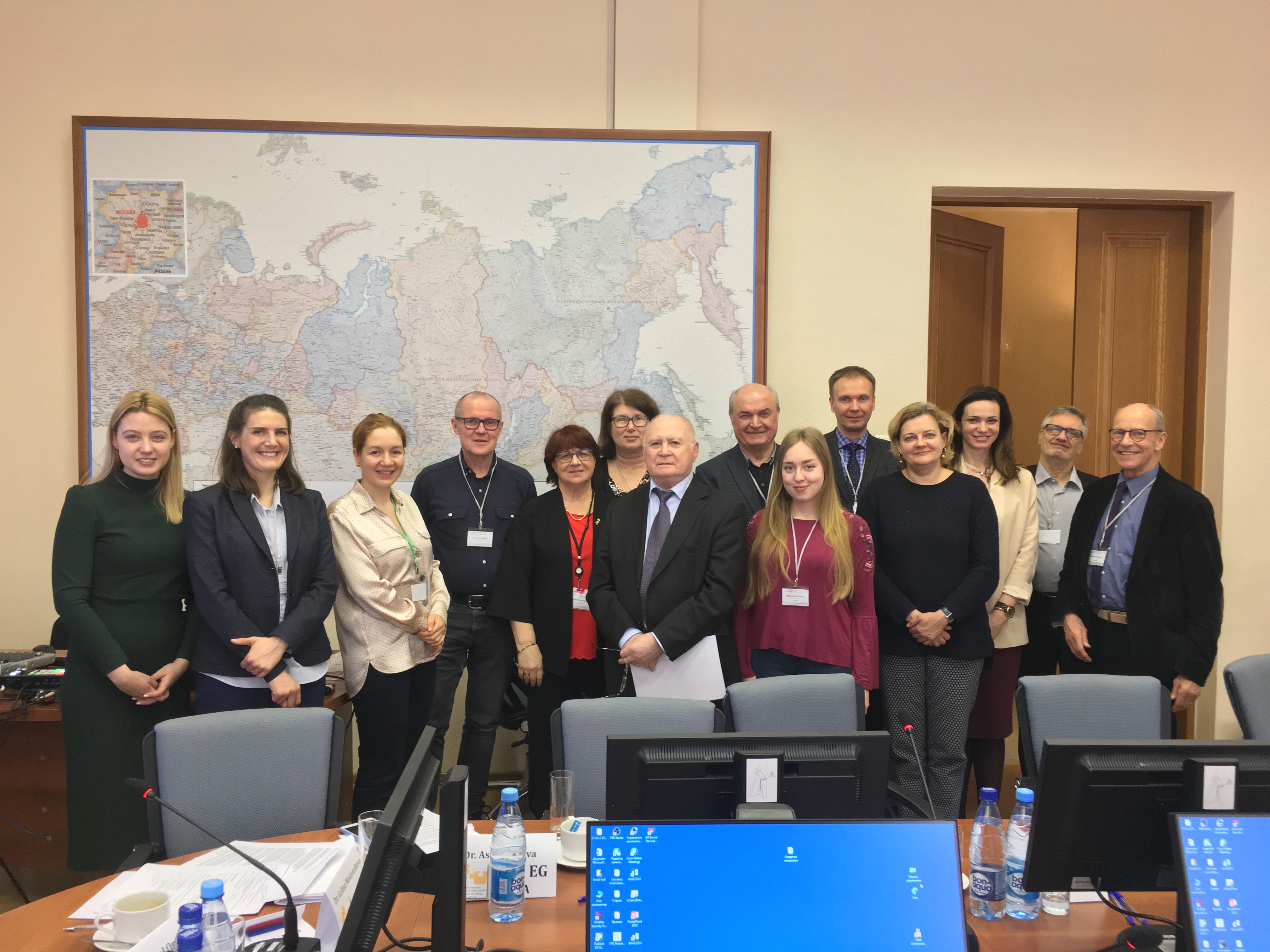
So, one thing is clear here: NDPHS is clearly an AMAZING place to do an internship in! I totally recommend? However… What other places are there to gain some practical hands-on working experience public health (through the internship placement)? Here are some suggestions from my side:
- WHO: we all know that this is probably a No.1 place for a future healthcare leader? WHO is the leader in global public health issues, and they also offer a wide range of opportunities for graduate and postgraduate students from different fields. One can also apply to do an internship at one of the Regional Offices and WHO Headquarters out-posted Offices. One of our previous Digital Ambassadors & my great friend Adina shared her experience of doing an internship at the WHO Office for Europe in Copenhagen in her blog, check it out! OBS! WHO internships are normally not paid and very competitive, so be prepared for that?♀️
- EUPHA, or the European Public Health Association, is an umbrella organisation for public health associations and institutes in Europe, and it also has both paid and unpaid internship openings every now and then. However, unlike WHO that has an open call röster twice a year, EUPHA posts about their internships occasionally, so make sure you subscribe to their newsletter as they suggest, or even send them your CV and a motivation letter to be added to their candidate database (here).
- ECDC: interested in infectious diseases or want to fight the growing global problem antibiotic resistance or vaccine hesitancy? Traineeship at the European Centre for Disease Control and Prevention is a great place to start building your professional career… But bear in mind that you will have to have your degree completed in order to apply for it!
- ILO, or the International Labour Organization (a specialized agency of the UN), also has some internships suitable for health professionals, for example in the field of Occupational Satefy and Health. Also…they are paid! And in Geneva???
- Talking about the UN… The United Nations has many various agencies and hence many different internship opportunities. It might seem that most of them require a degree/ongoing studies in political science, but programmes at UNAIDS or UNHCR in Germany (shall you find yourself to be interested in migrant health) are some of the options for the healthcare professionals. Just dig into it!
- Red Cross, the world’s largest humanitarian organisation, in Europe offers some official internship positions as well as various volunteering opportunities. Once again, I haven’t been involved with this organization personally, so #goreadmore or see your country’s national webpage (for Sweden that would be Svenska Röda Kroset),
- General: I also found a pretty cool website for you that shows some up-to-date internship options in the EU, with some focusing on public health/health policy.
Oookay, this blog-post is getting “a little” too long and my “internship imagination” – slightly depleted, but I hope I managed to convey one important message to you: internships.are.awesome. !!!!!!! They are an integral part of the school-to-work transition, give you some valuable practical experience that you wouldn’t have received by staying “inside of the classroom”, and can definitely increase your chances of being successful on the labour market in the future, especially if your work during this n-number of months was financially rewarded (read – paid).
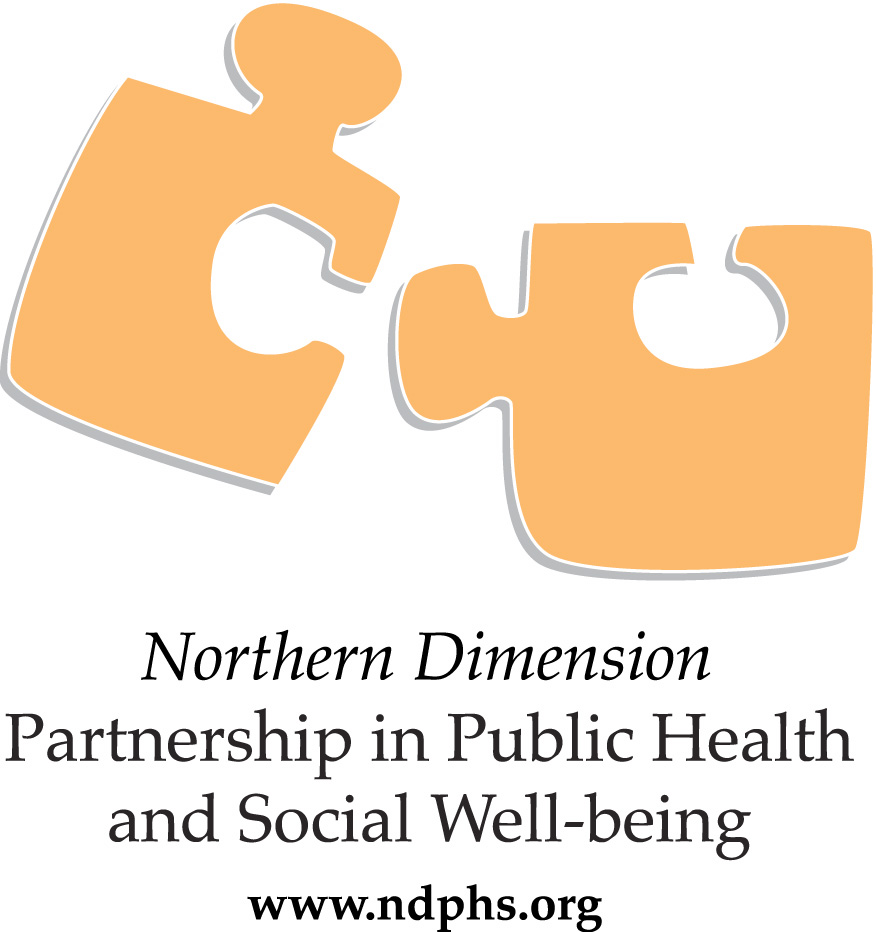
Hope I got you inspired/motivated to try to find an internship, either during or after your studies at KI, or something for the summer! Keep looking, and your “Perfect opportunity” will find its way to you 🙂
P.s. As always – email me with any questions! dasa.svaikovskaja@stud.ki.se




0 comments